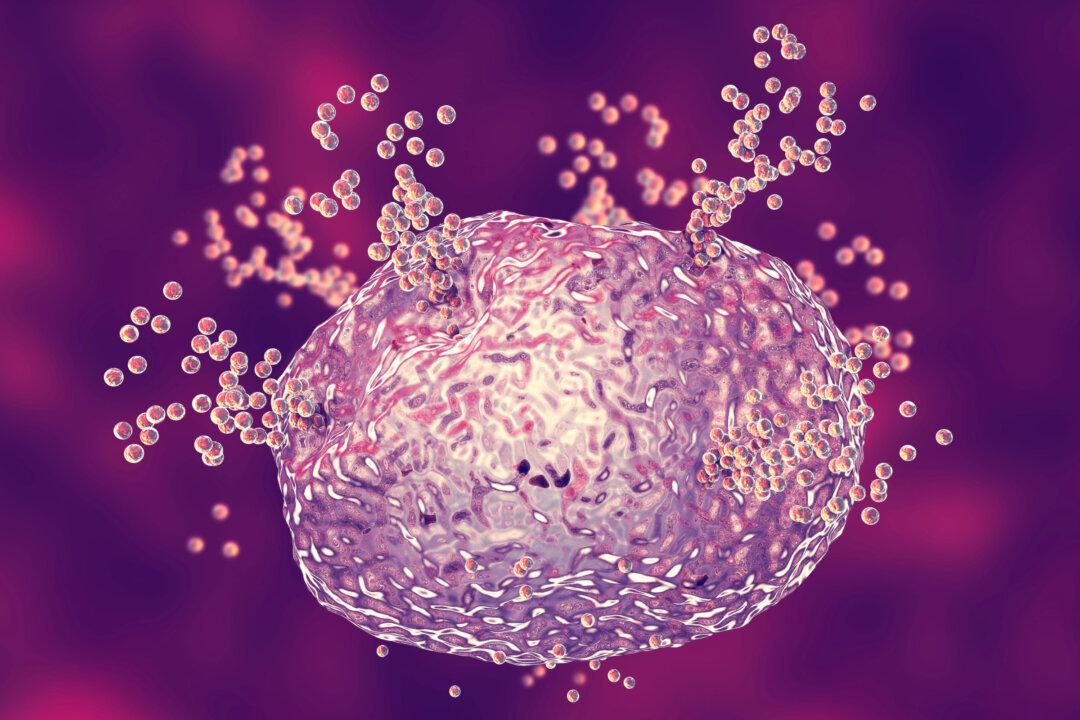Are you a new mom working around the clock to establish a strong milk supply for your growing babe? Or perhaps you’ve established your breastfeeding routine but have recently returned to work, or your little one has started on solids?
It’s normal to have some minor fluctuations in milk supply throughout your breastfeeding season. Try not to stress about small decreases, as breastfeeding is all about supply and demand.






